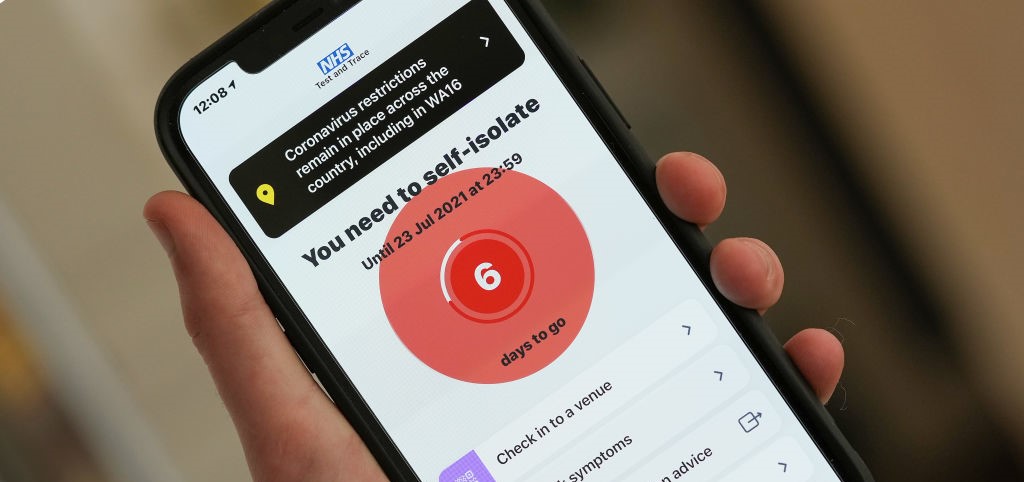‘This isn’t just about us’
Plans to shut the Honda plant in Swindon in 2022, threatening 3,500 jobs, sent shock waves throughout the nation as the country weighed up what it would all mean for a post-Brexit economy.
Taken together with announcements from manufacturing giants such as Airbus, Nissan and others, would this spell the death knell of manufacturing in the UK as we know it?
But for Swindon and the surrounding area, the consequences are far more palpable than national news headlines. 3,500 jobs isn’t just a number there – those jobs are the lifeblood of the local community and economy forming an inextricable web of families and friends, businesses and traders.
And it’s not just 3,500 jobs that will be lost either – including the wider supply chain, this figure could jump by five times or more.
This was the message from workers in Swindon themselves, who this week spoke of their fears to the Mirror’s Real Britain.
“It isn’t just about us, the people who work on the Âproduction line. What about the suppliers? What about the shops? It’s going to have a huge effect,” Unite Honda convenor Paddy Brennan told the Mirror.
Frankie Conestable, who manages a local chip shop, said that most of his customers were Honda workers.
“The high street is already struggling, just look around you,” he told the Mirror, saying the work at Honda is the main reason people come to the town and his shop. “What reason will they have now?”
“It’s like a big spider’s web – it’s going to have a huge impact on the whole community. The town is on its knees.”
‘Viable plant’
Indeed, the consequences for not just Swindon but the entire South West region will be stark – but Unite believes it doesn’t have to be this way.
The union, whose representatives including Unite assistant general secretary Steve Turner, met business secretary Greg Clark on Wednesday (February 20) as part of a government-convened taskforce to support workers.
Unite is committed to saving the plant, said Unite regional officer Alan Tomala who attended Wednesday’s meeting.
Yesterday’s Honda update, from @unitetheunion Regional Officer Alan Tomala, following the first taskforce meeting to save the plant #SaveSwindonHonda #Honda pic.twitter.com/OIn6VWICI3
— Unite South West (@unitesouthwest) February 21, 2019
“We believe that the plant at Swindon is a viable plant,” he said. “It’s an efficient, effective productive workforce there, the quality is absolutely superb. We believe it protects the very fabric of the local community and the local economy.”
Unite assistant general secretary Steve Turner agreed.
Speaking after the meeting, he said that the union will be sending “a clear message back to Japan that we are not giving up on our plant and we will not let Honda give up on it either”.
Unite’s intervention comes as Honda bosses claimed that their decision to pull out of the UK was not related to Brexit but instead linked to global trends in the automotive industry, including falling demand for diesel cars, of which the Honda Civic produced in Swindon is one.
Unite has countered by highlighting that the plant and its highly skilled workforce “can and should be at the core of an innovative transition from combustion engines to fuel cell and electrical propulsion.
“UK investment and R&D into next generation battery technology, coupled with the local manufacturing of power conversion systems and hydrogen capture, will transform our sector into a power-house for the emerging technologies that will shape this industry through the 2020s and well into the 2030s,” Turner explained.
Not about Brexit?
It has also been called into question whether Honda was only publicly downplaying the Brexit link after it came to light this week that only five months ago, Honda Motor Europe’s government affairs manager Patrick Keating highlighted a number of reasons that Brexit, especially a no-deal Brexit, would pose a risk to the factory at a briefing near the plant.
Among these risks outlined was the disruption of â€just in time’ deliveries of 2m car parts a day, a fifth of which come from Europe. Keating also highlighted the possibility of custom controls and additional paperwork that could force suppliers to fill out 60,000 customs declarations forms each year. The fact that 20 per cent of the Swindon workforce are EU nationals also made Brexit cause for concern, Keating noted.
Earlier this week, Aston University professor and auto industry expert David Bailey said that Honda dismissing Brexit as the reason for the Swindon plant closing was the company merely “trying to be polite publicly”.
Unite national officer Des Quinn noted that while global trends have doubtlessly played a big part in Honda’s decision, “the uncertainty that the Tory government has created by its inept and rigid handling of the Brexit negotiations lurks in the background.
“If the government had delivered a strong and stable Brexit that protected the economy and jobs, we may well have been in a very different position today,” he said.
 Like
Like Follow
Follow


